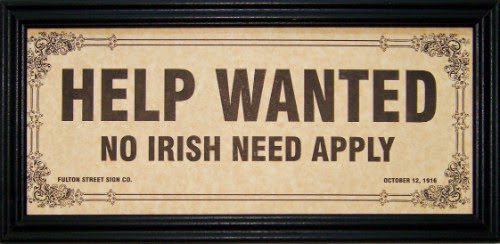The death of freedom
When I was growing up I sometimes saw signs in merchants shops saying "We reserve the right to refuse service to anyone, for any reason". Sadly, those are all gone now. I don't think the government should require people to be "fair" in their business dealings. It takes away too much freedom. It is also a legal can of worms determining what constitutes "fair". Also, it gives the government a huge amount of authority in areas it should not have. If the dog walker had said,
"I don't like your dog, I think he'll bite me", then no controversy, even if that was the safest dog on the planet. Laws should punish or permit behavior, not the reasons for it or the world view behind it.
Freedom does not mean good behavior. It means you can do what you want, except for certain restrictions needed to protect other people from bodily harm and property damage. I do not include fairness or "emotional harm" in that, because I do not think the law should force "fair" behavior on people or protect emotions.
I do not think businessmen are obligated to do cooperate with everyone who offers to to do business with them. I think they have the right to refuse anyone, for any reason. (There are exceptions, such as those operating state licensed cartels. )
Should freedom only be allowed where it affects no one?
Originally posted by vt
View Post
When I was growing up I sometimes saw signs in merchants shops saying "We reserve the right to refuse service to anyone, for any reason". Sadly, those are all gone now. I don't think the government should require people to be "fair" in their business dealings. It takes away too much freedom. It is also a legal can of worms determining what constitutes "fair". Also, it gives the government a huge amount of authority in areas it should not have. If the dog walker had said,
"I don't like your dog, I think he'll bite me", then no controversy, even if that was the safest dog on the planet. Laws should punish or permit behavior, not the reasons for it or the world view behind it.
Freedom does not mean good behavior. It means you can do what you want, except for certain restrictions needed to protect other people from bodily harm and property damage. I do not include fairness or "emotional harm" in that, because I do not think the law should force "fair" behavior on people or protect emotions.
I do not think businessmen are obligated to do cooperate with everyone who offers to to do business with them. I think they have the right to refuse anyone, for any reason. (There are exceptions, such as those operating state licensed cartels. )
Should freedom only be allowed where it affects no one?





Comment